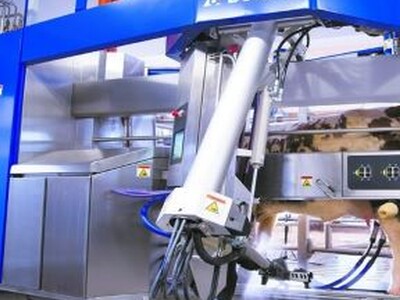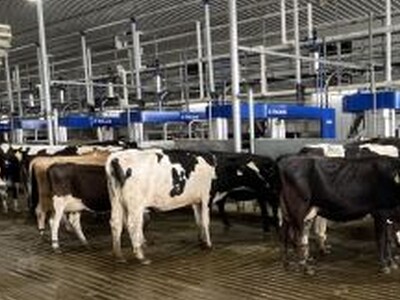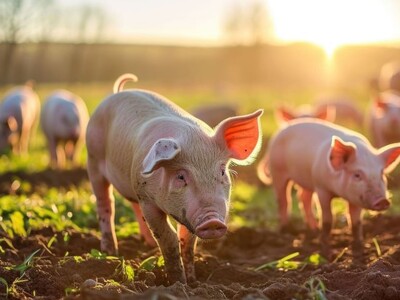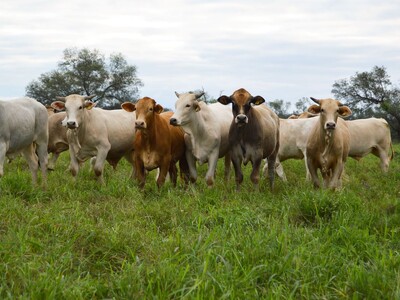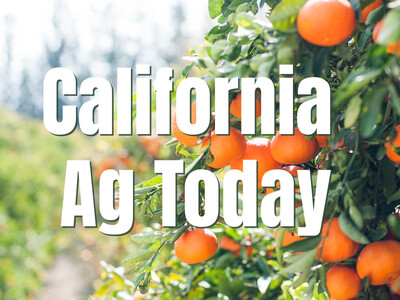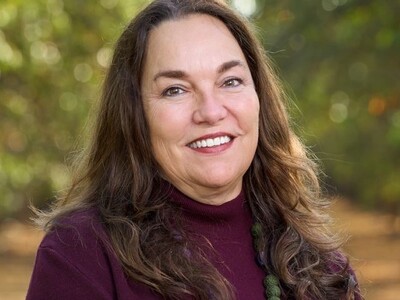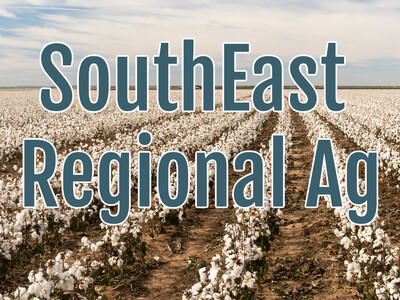AAA Summit
The Animal Agriculture Alliance’s 2019 Stakeholders Summit, themed “A Seat At The Table,” armed a record-setting 335 attendees with new ways to engage with their customers and protect animal agriculture from damaging blows of misinformation and animal rights activists. Tyne Morgan, host of U.S. Farm Report and Summit moderator, wrapped up the event saying, “We all have a seat at the table, we just need to pull up a chair.” Recordings from Summit sessions will be posted on the Alliance’s YouTube channel within the next few weeks.
To kick off the “Engage” portion of the program, a panel of experts shared personal experiences, tips and lessons learned from influencer farm tours and other tactics to help attendees plan their own influencer engagement. “I would love to engage with consumers and go down the grocery aisle and tell everyone buying milk, ‘thank you,’ but we can’t do everything as farmers,” said Adriane Heins of Heins Family Farms. “We’d like to link arms with people who are good storytellers.”
Hana Bieliauskas, digital practice lead at Inspire PR Group helps link farmers with influencers. “The power of influencers is huge and will continue to grow.” She added that influencer engagement is a “third-party validation to the information being shared.” Lauren Lane, owner and blogger of Lauren Lane Culinarian, is an online influencer who has worked with food and agriculture stakeholders to help share their message and be a third-party validation. She shared how full transparency and authenticity is key when connecting with potential clients.
In the next session, titled “Bring the Food Chain to the Table,” a panel of leading retail, restaurant and foodservice brands talked about how their companies make decisions that impact animal agriculture, such as animal welfare, antibiotic use and sustainability. David Guilhaus, senior manager of food safety at Publix, said “we don’t set deadlines to miss them,” but is unsure if everyone will be able to meet the upcoming cage-free commitments with just 10 percent of customers buying cage-free eggs.
Judy Panayos, senior director of sustainability and supply management at Sodexo said, “sometimes the answer is – we don’t have a solution today. The pressures we are getting from the market are too much and we make a commitment then talk with our suppliers to figure things out.” Mark Smith, chief procurement officer at Centralized Supply Chain Services said restaurants making sourcing commitments “creates angst, but opportunity as well” and is confident that producers will help companies meet their goals.
In a presentation titled “The Power of Positive Marketing,” Bill Gutrich, director of global food industry engagement at Elanco Animal Health, challenged attendees to market their products positively. “Great marketing talks about the consumers connecting to that emotional ‘why,’” said Gutrich. “Good marketing talks about the buyer, not the product.”
To discuss if the grocery cart matches the online conversation around food, Leah McGrath, registered dietitian with BuildUP Dietitians, shared how “social media promotes loud, fearmongering voices,” but less than one percent of people are vegan. To better reach people online, Kim Kirchherr, registered dietitian and supermarket consultant, argued the word “consumer” loses the sense of individuality and challenged attendees to instead use “customer” as it is more inclusive while still describing a big group. “Agriculture is not inherent knowledge anymore like it used to be. So, how do we make sure we are resonating?” asked Kirchherr. “Relationships make facts make sense.”
To continue the conversation about some of those hot issues, Jane Andrews, a retail nutrition consultant, Christine McCracken, executive director of animal protein at Rabobank and Andy Brudtkuhl, director of emerging technology at National Pork Board got the “Protect” portion of the agenda started by talking about gene editing, alternative proteins and blockchain technology.
Andrews, who consults for Wegmans and Food Marketing Institute, described gene editing as “an evolution, not a revolution.” While new technology can help make foods more nutritious and sustainable, Andrews said retailers must “have an intelligent dialogue about why farmers choose these products.”
McCracken explained how there is not much growth in packaged products at grocery stores, but alternative proteins are “hot and exciting.” She shared how companies developing plant-based proteins are not developing meat products, but want to be meat. “You’ve got a bullseye on your back,” McCracken told the attendees. “These are highly processed products that are not natural. Animal agriculture has the edge – use it.”
Blockchain technology can assist with provenance, traceability, trust and efficiency. “They’re not anything fancy, they’re just encrypted data,” said Brudtkuhl. “In most cases blockchain is not going to solve your problem, but there are specific cases where it can help.”
Next, Jim Rovers and Sophie Cranley of AFIMAC shared how farmers and ranchers can make sure they aren’t a “soft target” for animal rights activists. “They don’t like going after hard targets,” said Rovers. “Do a better job to make it harder for activists to get in.” The duo suggested producers use fencing, lighting and locks to make themselves harder targets. Cranley urged attendees to take animal rights activism seriously and report any losses to law enforcement.
Michelle Pardo, partner at Duane Morris LLP echoed Cranley’s advice as she discussed how animal rights activists are increasingly targeting producers through litigation. “Animal activists do not like labels that give consumers comfort when buying animal products,” said Pardo. She also shared how activist groups “want a case where animals have the same rights as people.”
Andy Curliss, president of North Carolina Pork Council closed the Summit program by discussing the coordinated strategy, funding and litigation against hog farmers in his state. Although the lawsuits are currently targeting the pork industry, Curliss warned attendees that their industry might be next. “It puts a lot of people out of business and takes a lot of food off the table,” said Curliss.
A full report of Summit highlights will be posted on the Alliance website. Key takeaways from the “Connect” portion of the program are available here: https://www.animalagalliance.org/resourcelibrary/results.cfm?ID=1280. The 2020 Summit is set for May 7-8 at the Renaissance Capital View Hotel in Arlington, Virginia. Stay tuned to summit.animalagalliance.org and #AAA2020 for event updates.




